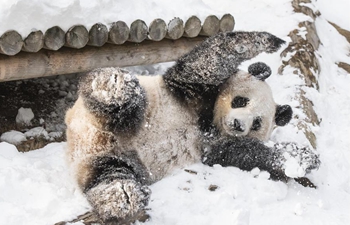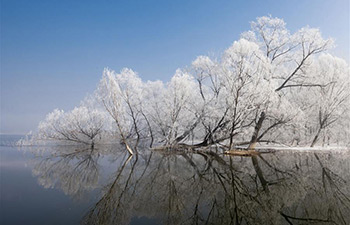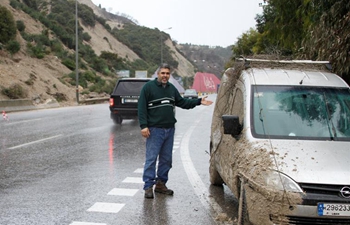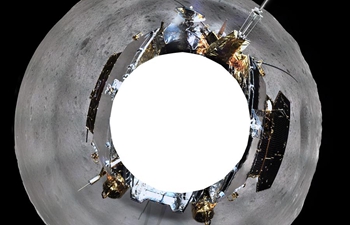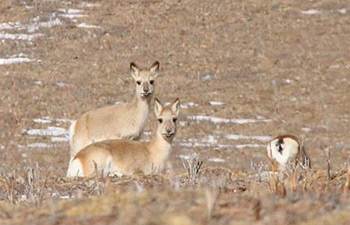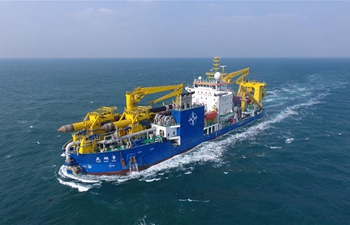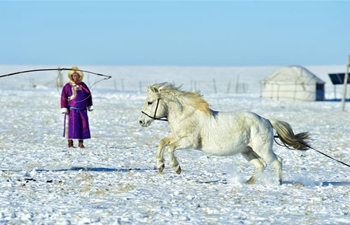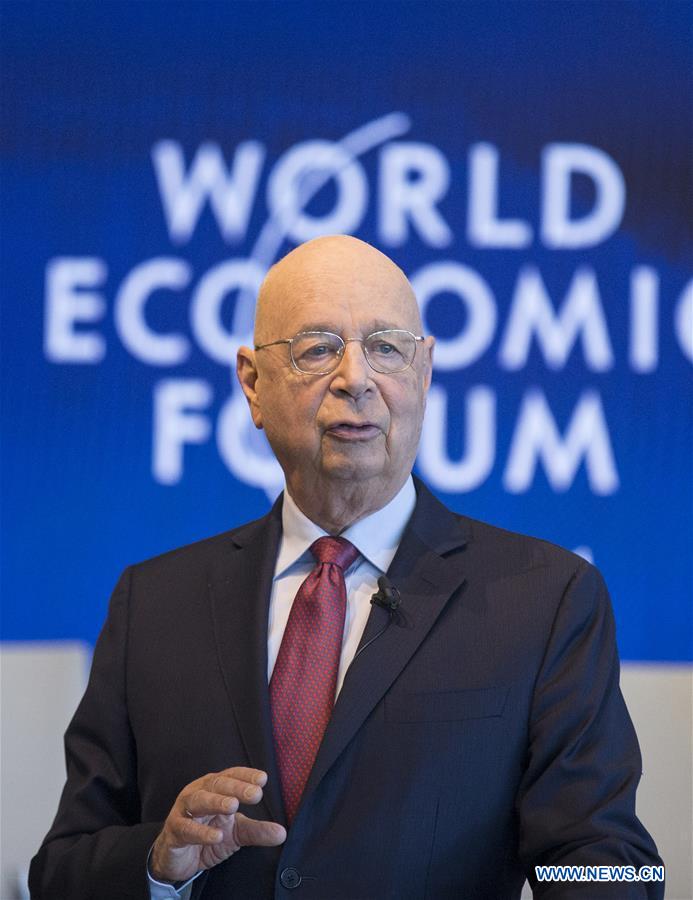 ?
?World Economic Forum (WEF) founder Klaus Schwab speaks at a press conference at the WEF headquarters in Geneva, Switzerland, Jan. 15, 2019. The world is entering a period of "profound instability" due to the technological disruption of the Fourth Industrial Revolution and geo-economic and geopolitical realignment, Klaus Schwab said Tuesday. The forum's 2019 annual meeting will take place in Davos-Klosters, Switzerland from Jan. 22 to 25. (Xinhua/Xu Jinquan)
GENEVA, Jan. 15 (Xinhua) -- The world is entering a period of "profound instability" due to the technological disruption of the Fourth Industrial Revolution and geo-economic and geopolitical realignment, Klaus Schwab, World Economic Forum (WEF) founder said Tuesday.
He was speaking at a press conference at the WEF headquarters here ahead of the forum's 2019 annual meeting that will take place Jan. 22-25 in Davos-Klosters, Switzerland.
The meeting brings together more than 3,000 leaders from business, government, civil society, academia, arts and culture, and media, as well as the foremost experts and young leaders from all over the world.
The meeting will convene under the theme, Globalization 4.0: Shaping a Global Architecture in the Age of the Fourth Industrial Revolution.
The purpose of the meeting is to identify new models for peace, inclusiveness, and sustainability to suit a world where further global integration is inevitable and where existing models of global governance struggle to foster concerted action among the world's powers.
Schwab said that the fourth wave of globalization needs to be "human-centered, inclusive and sustainable."
"We are entering a period of profound global instability brought on by the technological disruption of the Fourth Industrial Revolution and the realignment of geo-economics and geopolitical forces," said Schwab.
All those taking part in the Davos meeting need to summon the imagination and commitment necessary to tackle the instability, said Schwab, who is also WEF executive chairman.
This year's program will hold more than 350 sessions, nearly half of them webcast, and meetings are organized in a series of global dialogues.
The meeting gathers more than 3,000 participants from over 110 countries, including more than 60 heads of state and government and over 40 heads of international organizations.
